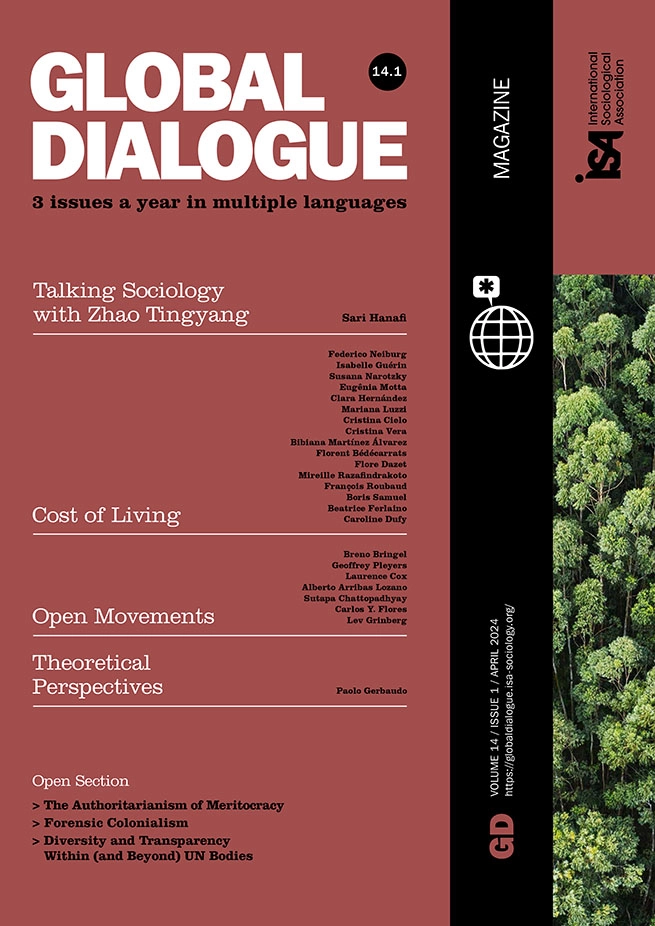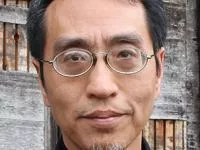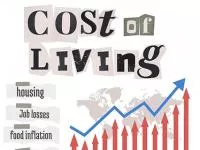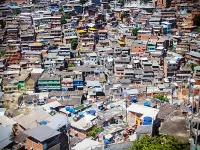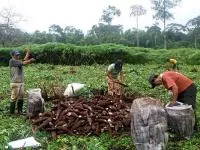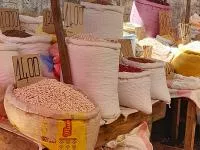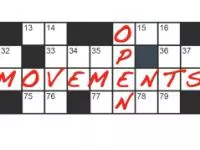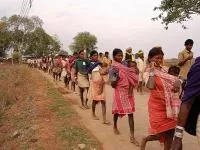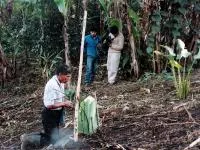GD 14.1 - April 2024
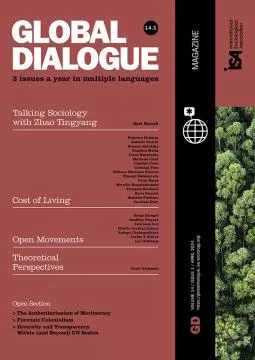
Global Dialogue is available in multiple languages!
Select the language to download the issue.
Editors:
Breno Bringel.
Assistant Editors:
Vitória Gonzalez, Carolina Vestena.
Associate Editor:
Christopher Evans.
Managing Editors:
Lola Busuttil, August Bagà.
Consultants:
Michael Burawoy, Brigitte Aulenbacher, Klaus Dörre.
REGIONAL EDITORS
Arab World: (Lebanon) Sari Hanafi, (Tunisia) Fatima Radhouani, Safouane Trabelsi.
Argentina: Magdalena Lemus, Juan Parcio, Dante Marchissio.
Bangladesh: Habibul Khondker, Khairul Chowdhury, Shaikh Mohammad Kais, Mohammad Jasim Uddin, Bijoy Krishna Banik, Abdur Rashid, Md. Shahidul Islam, Mohammed Jahirul Islam, Sarker Sohel Rana, Eashrat Jahan Eyemoon, Helal Uddin, Masudur Rahman, Yasmin Sultana, Saleh Al Mamun, Ekramul Kabir Rana, Farheen Akter Bhuian, Khadiza Khatun, Aysha Siddique Humaira, Arifur Rahaman, Istiaq Nur Muhit, Md. Shahin Aktar, Suraiya Akhter, Alamgir Kabir, Taslima Nasrin.
Brazil: Fabrício Maciel, Andreza Galli, José Guirado Neto, Jéssica Mazzini Mendes, Ricardo Nóbrega.
France/Spain: Lola Busuttil.
India: Rashmi Jain, Manish Yadav.
Iran: Reyhaneh Javadi, Niayesh Dolati, Elham Shushtarizade.
Kazakhstan: Aigul Zabirova, Bayan Smagambet, Adil Rodionov, Almash Tlespayeva, Kuanysh Tel, Almagul Mussina, Aknur Imankul, Madiyar Aldiyarov.
Poland: Aleksandra Biernacka, Anna Turner, Joanna Bednarek, Urszula Jarecka.
Romania: Raluca Popescu, Raisa-Gabriela Zamfirescu, George Bonea, Marina Defta, Costin-Lucian Gheorghe, Alin Ionescu, Diana Moga, Ramona-Cătălina Năstase, Bianca Pințoiu-Mihăilă.
Russia: Elena Zdravomyslova, Daria Kholodova.
Taiwan: WanJu Lee, Tao-Yung Lu, Chien-Ying Chien, Zhi Hao Kerk, Mark Yi-wei Lai, Yun-Jou Lin and Yun-Hsuan Chou.
Turkey: Gül Çorbacıoğlu, Irmak Evren.
GD 14.1 - April 2024
Editorial
Welcome to the first issue of 2024 of Global Dialogue! If last year was an experimentation period involving a steep learning curve, we are now glad to already have some new features prepared for this year. In each issue, we will feature new projects, partnerships, and innovative communication and dissemination strategies, while keeping the very essence and vocation of this magazine, that is, the commitment to public and global sociology.
In the interview that opens this issue Sari Hanafi, former president of the ISA until 2023, offers us a fascinating conversation with Zhao Tingyang. Here this prominent Chinese intellectual reflects on some of his main theoretical contributions and shares his current interpretation of the crisis of liberal democracy.
The next section, organised by Federico Neiburg, Isabelle Guérin, and Susana Narotzky addresses the ‘cost of living’, thus pointing to one of today’s most dramatic issues: the rise in the price of basic goods and the unbearable cost of living for most people. It does so from an original viewpoint, treating the cost of living as a polysemic practical category, far beyond a numerical index. Delving into different realities in Latin America, Africa, and Europe, eight articles contribute both to the conceptual debate on the subject and to the empirical discussion of diverse issues, including how different actors (families, experts, and policymakers) face the crisis. This thematic section is the result of a partnership between Global Dialogue and International Sociology. With this initiative which will be continued in future issues, we aim to make available to a wider audience some of the main results of a recently published Special Issue of International Sociology.
The following section inaugurates another new partnership. The ‘Open Movements’ project, published since 2015 by the leading independent media platform Open Democracy as an initiative of the ISA Research Committee on Social Classes and Social Movements (RC47), is now integrated into Global Dialogue as a new section. Its mission is to understand the main transformations in our societies based on social conflicts and movements. Our interest goes both to the more visible transformations, those that are featured in newspaper headlines, and to less visible ones, which are fundamental to understanding cultural and social change. Open Movements aims to promote an open space for a global public sociology of social change that circulates within and beyond the ISA. As founders of the project, current ISA president Geoffrey Pleyers and myself explain in an introductory article the perspective of Open Movements, what we have done in recent years, and what we intend to do from now on. The following article discusses the importance of engaged research, the place of the South in global dialogues and the much-needed support for new researchers (Cox, Arribas Lozano, and Chattopadhyay). Another piece engages with the role of audio-visual projects within communities and their implications in terms of narratives and decentralisation of knowledge (Flores). A final piece elaborates on the current genocide against the Palestinian people, discussing the conflict in context, which is central to moving beyond simplistic views on the issue (Grinberg).
This issue’s theoretical article discusses a process of historical transformation of the state. Paolo Gerbaudo, a leading public intellectual, offers a complex and fresh look at what he calls the “strange return” of the interventionist state, analysing contradictions and trends in this process. Finally, the Open Section includes three articles discussing the authoritarian dimension of meritocracy (Maciel), the low diversity in multilateral organisations and challenges to turn the situation around (Gonzalez), and an under-analysed type of colonialism that Mark Munsterhjelm defines as ‘forensic colonialism’. The latter is forged by influential scientists from the US, Europe, and China, who have used indigenous peoples as resources and targets of new technologies such as ancestry, inference, and phenotyping.
I hope you enjoy the whole set of contributions, and I would like to remind you that we are open to receive your contributions. Follow us on social media @isagdmag and help us spread Global Dialogue in your language.
Breno Bringel, editor of Global Dialogue
Global Dialogue can be found in multiple languages.
Submissions should be sent to globaldialogue@isa-sociology.org.
